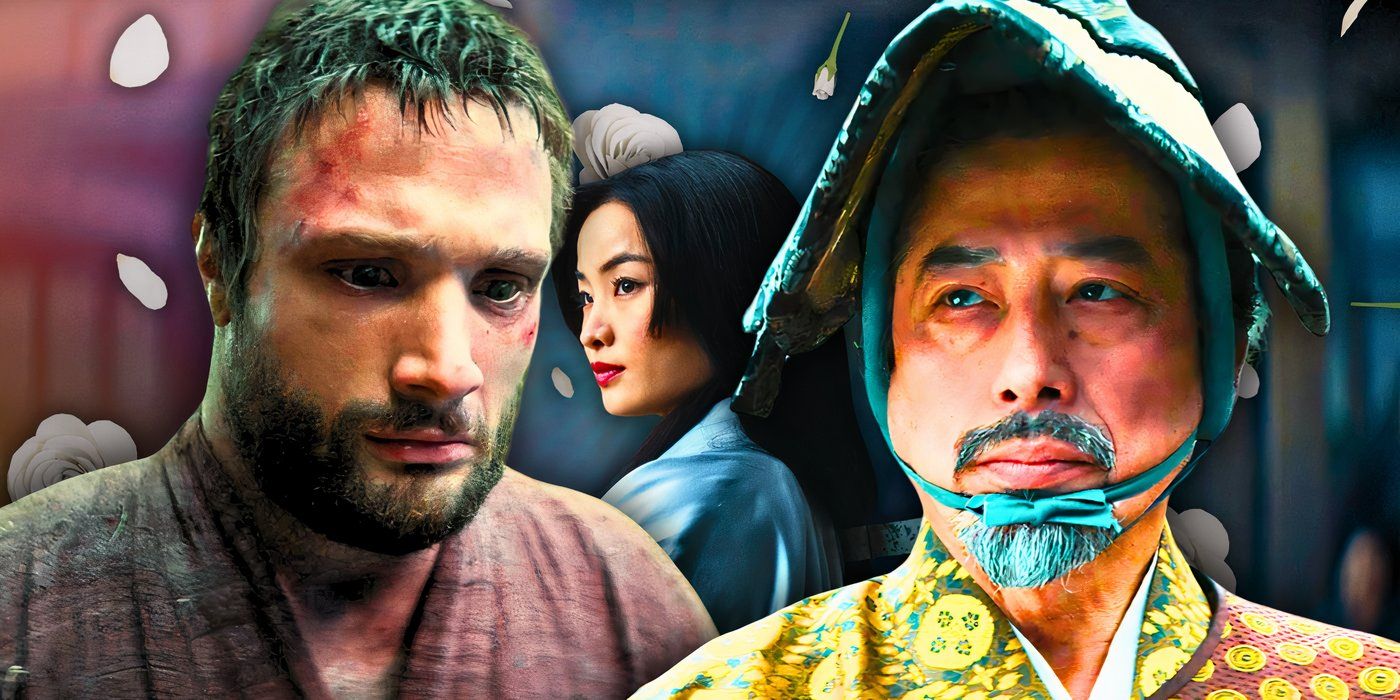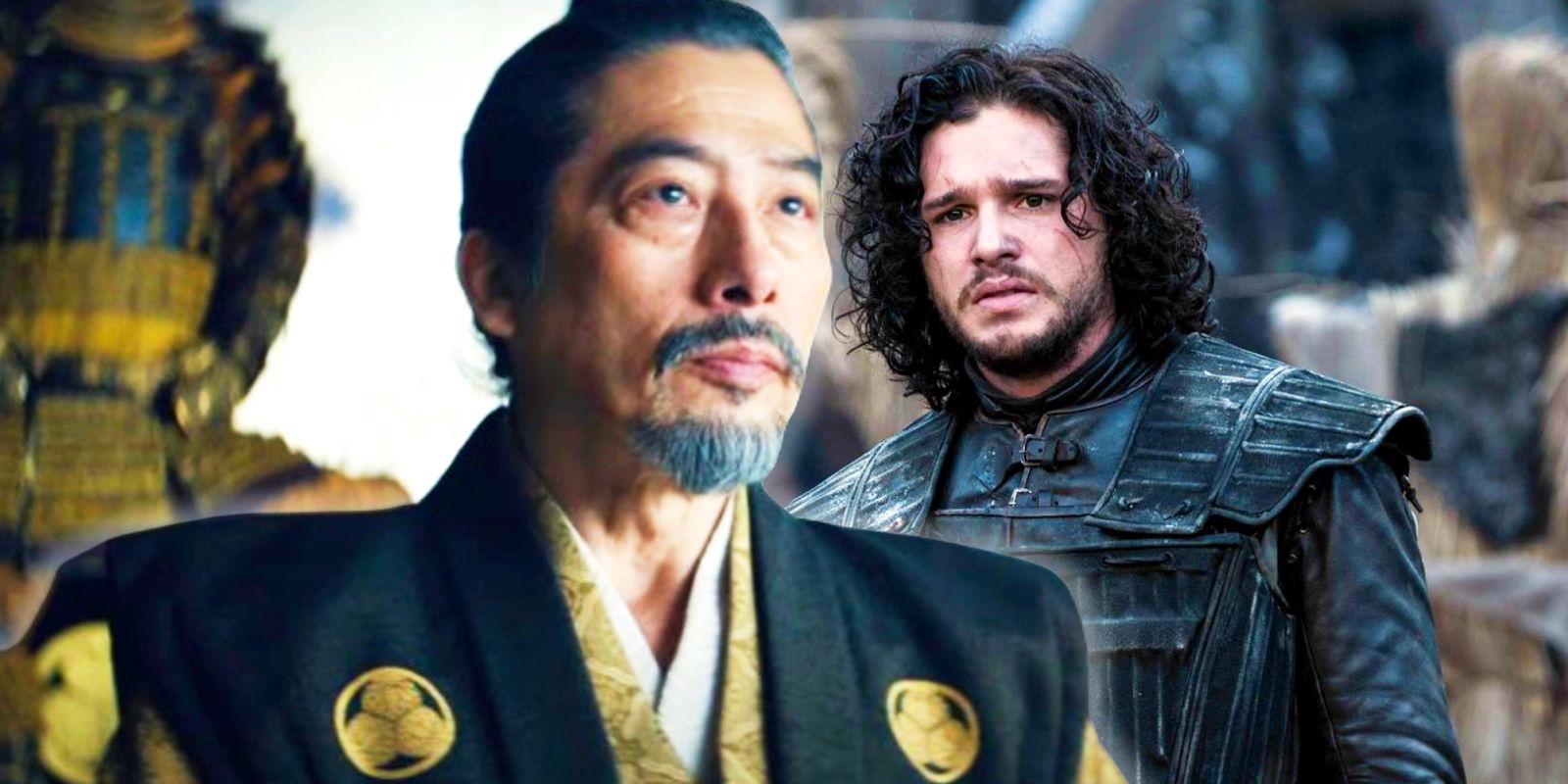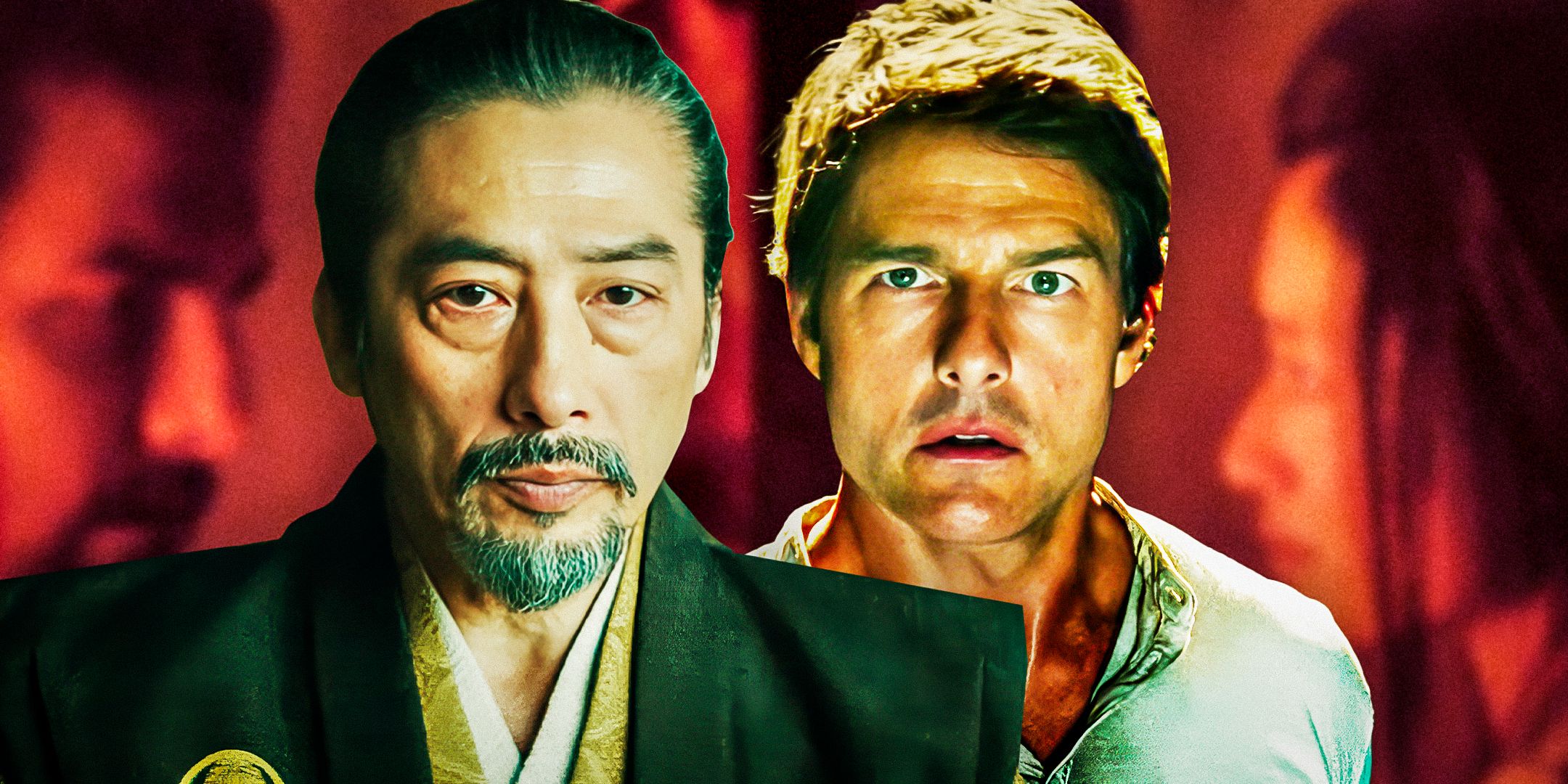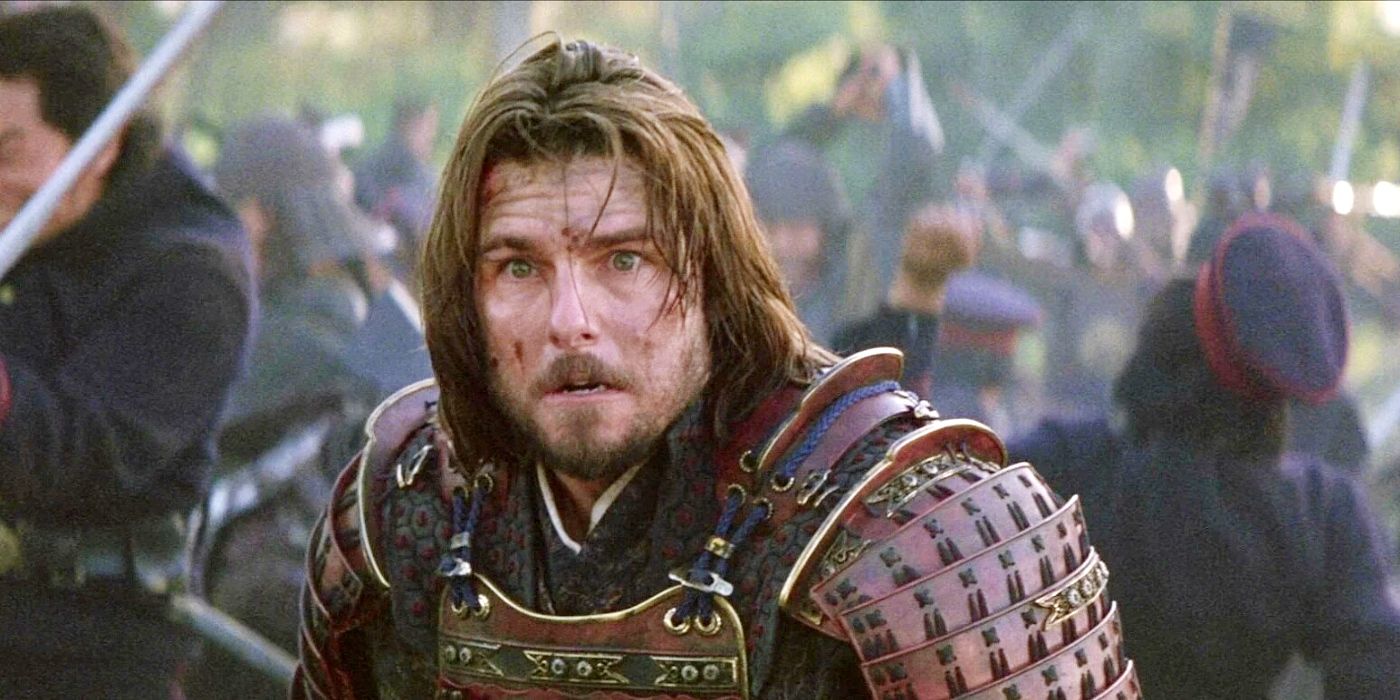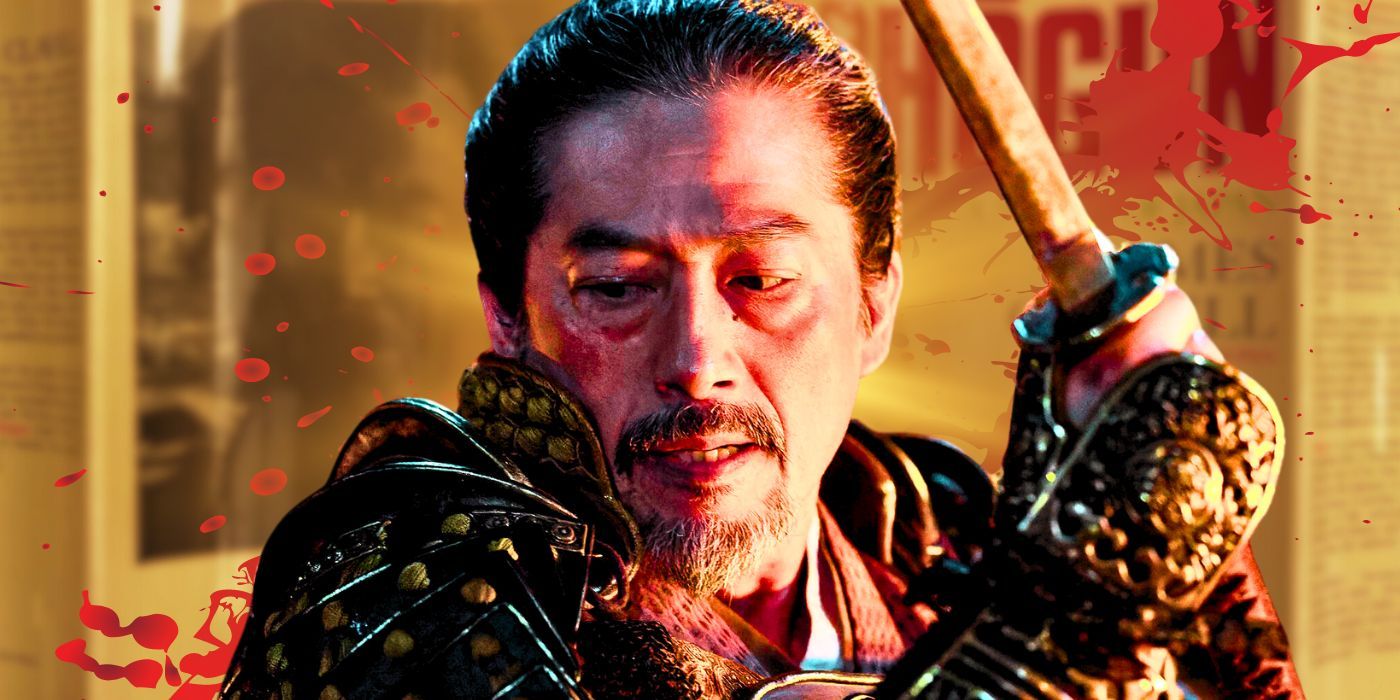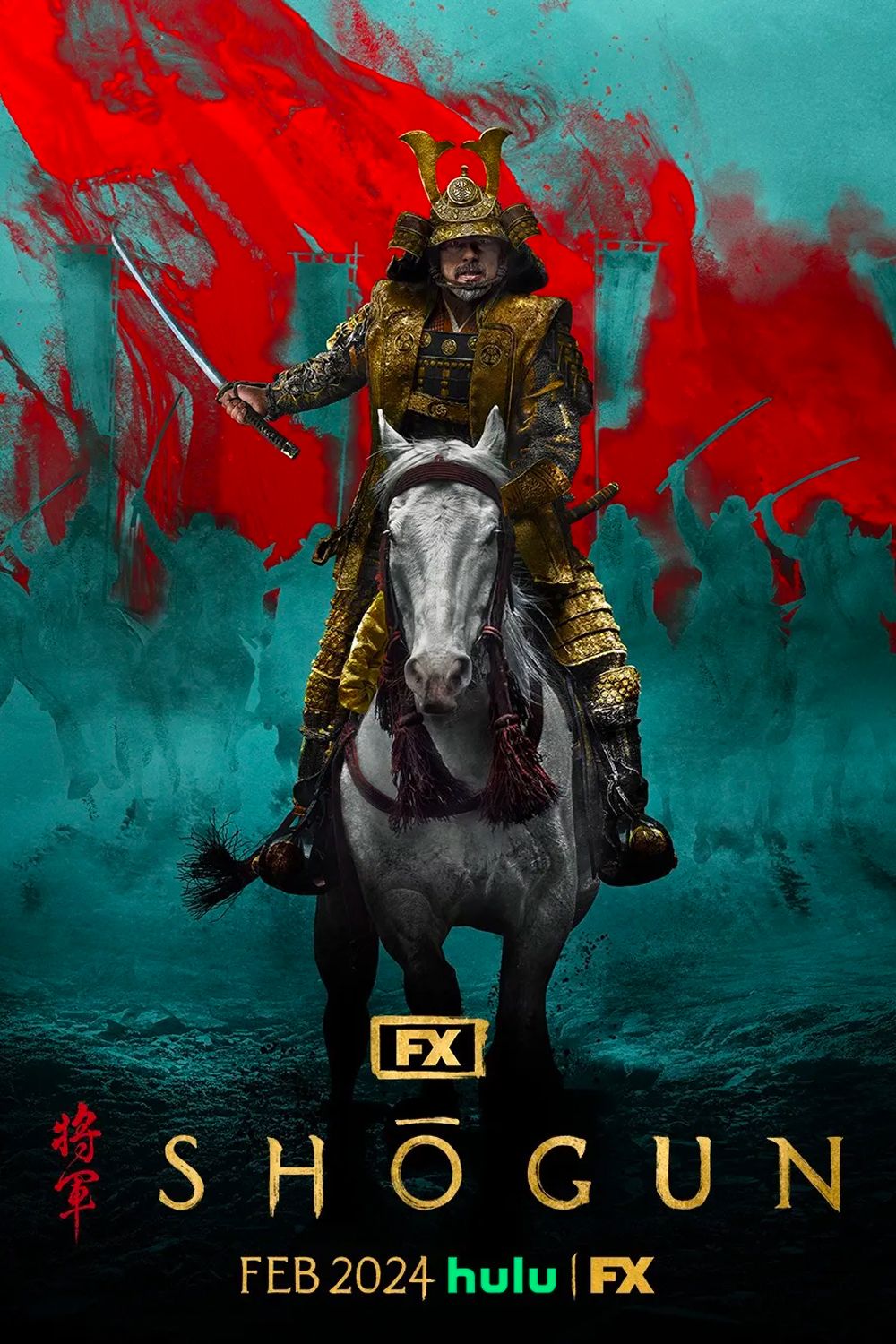Summary
- Shogun's success lies in its attention to detail and commitment to accuracy in reconstructing 17th-century Japanese life.
- Both Shogun and The Last Samurai explore themes of cultural immersion, but Shogun places Japanese characters at the forefront.
- Shogun's portrayal of Japanese culture as everyday, rather than exotic, enhances its immersive storytelling and character development.
FX's Shogun has won consistent critical praise for its authentic evocation of 17th-century Japanese culture, providing a stark contrast with a 21-year-old Tom Cruise blockbuster. Based on the novel by James Clavell, Shogun blends fact and fiction in telling the story of John Blackthorne – an English pilot who finds himself shipwrecked on the shores of Japan before the nation was in regular contact with most of Europe. Although the story is remarkable – not least because of its real-life origins – it's success highlights problems with other representations of Japanese culture, including in Cruise's movie.
Shogun's success is grounded in its world-building. The slow-burn drama pays painstaking attention to detail, recreating many of the most intimate aspects of Japanese life in the early modern period. According to the critical consensus on Rotten Tomatoes, the show is "visually sumptuous and enriched with cultural verisimilitude", highlighting its commitment to accuracy. Beyond this, however, Shogun's narrative structure sets it apart from previous stories set in the period – highlighting where other productions have fallen short in the process.
Shogun Takes A Different Approach From The Last Samurai
While many projects provide an interesting comparison to Shogun, not least of which is the novel's earlier 1980 miniseries adaptation, one of the most prominent is with Tom Cruise's 2003 feature film, The Last Samurai. While Shogun and The Last Samurai's Japanese setting provide a clear connection, other aspects of the two stories also make them very similar. For instance, both involve a man unfamiliar with Japanese culture immersing himself in a new way of life, experiencing alien customs for the first time and learning to respect and appreciate his surroundings.
There are also similarities between the two stories' contexts. In Shogun, the bigger picture concerns a power struggle at the top of the Japanese government between the seemingly righteous Toronaga and the scheming Ishido. Likewise, The Last Samurai stars Ken Watanabe as a renegade warlord, fighting against the central leadership of the nation and pernicious forces who have undue influence over the emperor. Just as in Shogun, Tom Cruise's Last Samurai character finds himself beguiled by the charismatic outsider and compelled to fight for his cause.
In Shogun, while John Blackthorne is an important character, he is not the center of the narrative.
These parallels indicate a clear crossover between the two projects. However, while there is an undeniable connection, they also have very different approaches to their stories. In Shogun, while John Blackthorne is an important character, he is not the center of the narrative. Beyond his journey of discovery, the show is really about Toronaga's political ambitions and his ascent to power, as well as the Machiavellian interactions he has with those around him. By contrast, The Last Samurai is almost entirely told from Nathan Algren's (Cruise) perspective. This provides the biggest distinction between the projects and is the biggest problem with Cruise's film.
Why The Last Samurai's Story Is Problematic
By many metrics, The Last Samurai was a major success. Made on a budget of $140 million, the movie made $456.8 million at the global box office. It was also generally well-reviewed, securing 66% positive reactions from critics (via Rotten Tomatoes) and earning four Academy Award nominations. However, while the movie's impressive visuals, battle sequences, and performances were widely praised, other aspects of the movie came in for criticism.
Shogun is available to stream on Hulu
A key concern for many critics was that telling the movie from Algren's perspective resulted in a romanticized view of both the real history that inspired the story and the culture it wished to portray. Many critics suggested that the movie perpetuated the so-called "white savior" trope that has historically been a feature of Hollywood, while others highlighted the relative voicelessness of many important Japanese protagonists. In a review for Variety, Todd McCarthy neatly summed up the problem, calling it "far too dominated by Tom Cruise" before adding:
Clearly enamored of the culture it examines while resolutely remaining an outsider’s romanticization of it, yarn is disappointingly content to recycle familiar attitudes about the nobility of ancient cultures, Western despoilment of them, liberal historical guilt, the unrestrainable greed of capitalists and the irreducible primacy of Hollywood movie stars.
The Last Samurai's box office performance and comparative critical success highlight that it was far from an outright failure. However, where Shogun centers the story firmly on Japanese characters, with much of the dramatic action unfolding in the Japanese language with no Europeans present, The Last Samurai tells almost everything through the lens of Algren's experience. The result is a story that is inevitably diluted, less believable, and ultimately less interesting.
Shogun Fixes The Last Samurai's Perspective
Shogun's decision to place Japanese characters at the heart of the story is central to the show's success. Not only is most of the show in Japanese, an approach that deliberately and effectively ostracizes Blackthorne through his inability to understand the language, but it also helps emphasize the point that European influence is a small factor in the broader political game that's unfolding. Instead of being the protagonists driving the story forward, Blackthorne and the Portuguese are simply pawns to be manoeuvered by Toranaga and Ishido. This makes for a much more accurate representation of the true story.
By telling the story primarily from the Japanese perspective, Shogun lays plain how everyone can have contradictory and conflicting motivations.
In emphasizing Toranaga and his associates as the true protagonists, Shogun also helps make them more well-rounded characters. In The Last Samurai, there's a sense that characters like Katsumoto and Ujio are simply fulfilling archetypes, with little nuance to their personality. By telling the story primarily from the Japanese perspective, Shogun lays plain how everyone can have contradictory and conflicting motivations – making its main players more sympathetic and relatable. More than simply correcting a historical Hollywood wrong, Shogun's perspective change has tangible benefits for the story.
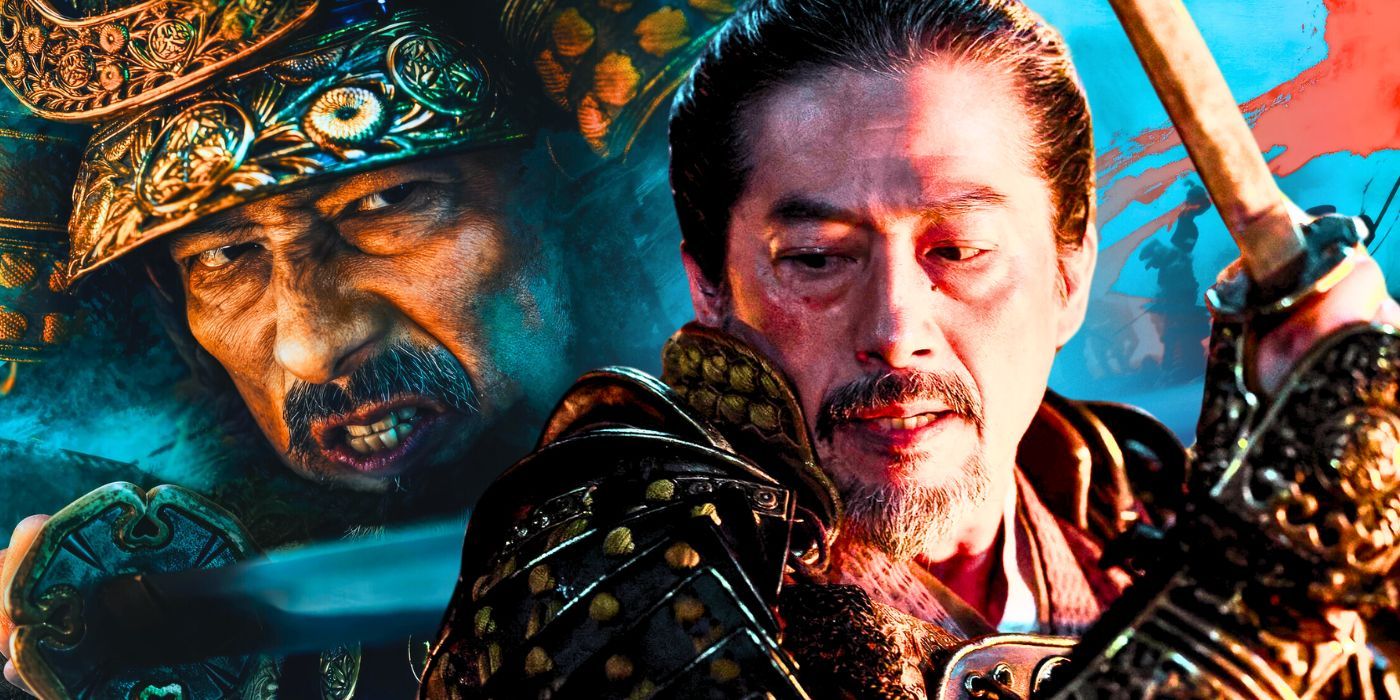
Shogun Finale Ending Explained: Does Toranaga Become Shogun?
Shōgun’s finale masterfully concluded the series with an episode that subverted expectations and revealed Lord Yoshii Toranaga’s true goal.
Why Shogun Is Better Than The Last Samurai
In many ways, Shogun and The Last Samurai are a neat way of demonstrating how the desire for progress in entertainment and storytelling can yield positive results. Like the FX show, The Last Samurai takes a fascinating true story from Japanese history and fictionalizes key elements to form a compelling and engaging narrative. However, because much of the movie is overly romanticized and told from an outsider's perspective, it ends up feeling much less believable. While neither production is a documentary, the artifice is much more obvious in The Last Samurai because of its perspective.
The Last Samurai is available to rent on Apple TV+
In Shogun, Japanese culture is not presented as a curiosity to be ogled at. Instead, it is simply represented as the way the world is – instead, it is Blackthorne who is strange, uncivilized, and at odds with the rhythms and rituals of life. In observing cultures from a purely Westernized perspective, movies and TV shows are far less able to represent them accurately – instead, obsessing over what makes them different or strange. With Shogun's matter-of-fact representation of life in Japan, the whole show becomes immediately more immersive – and the drama more affecting as a result.
Sources: Rotten Tomatoes, Variety


